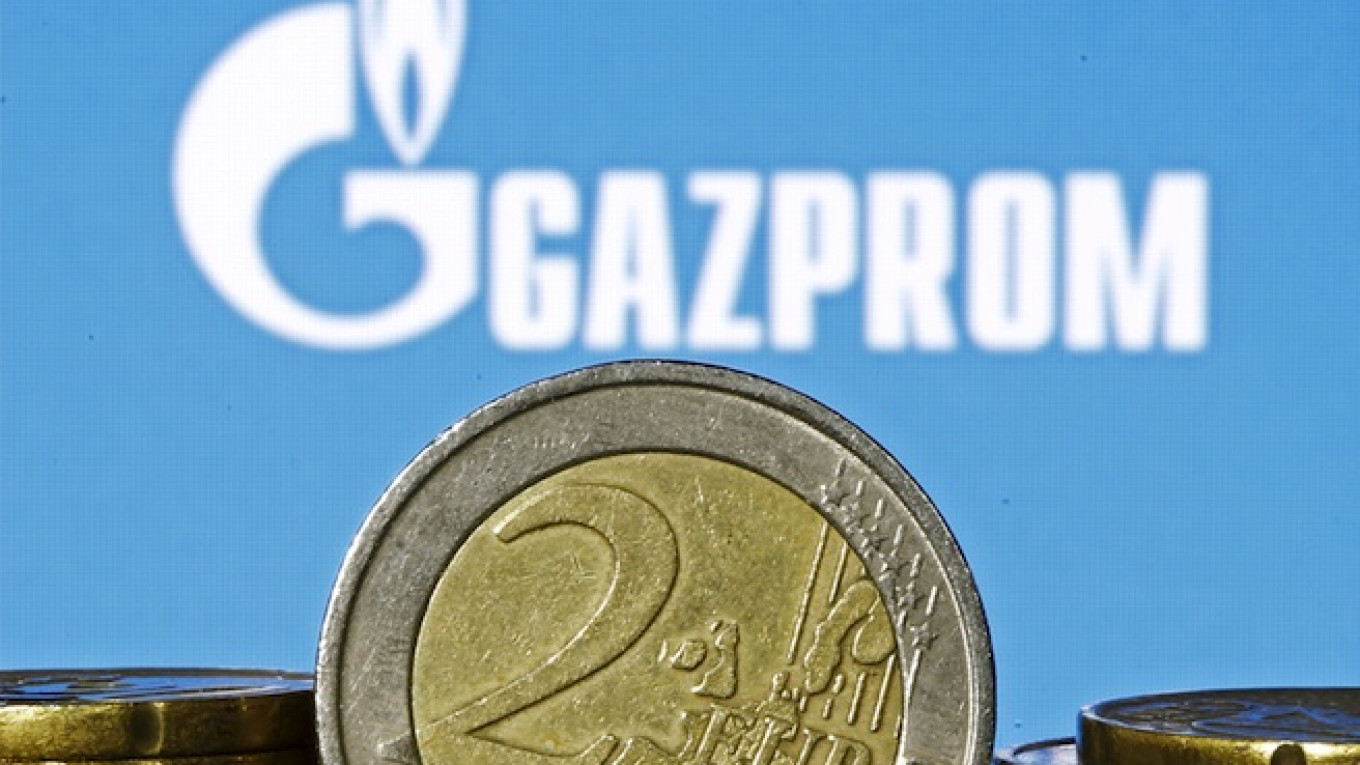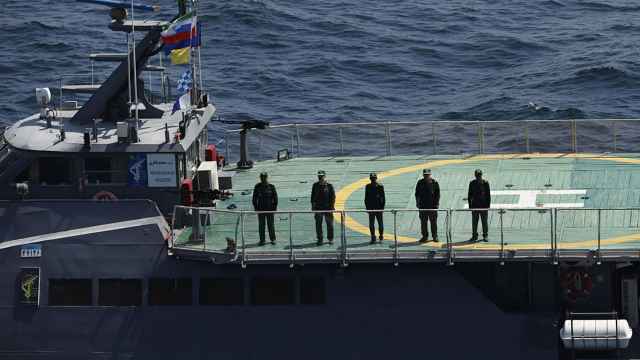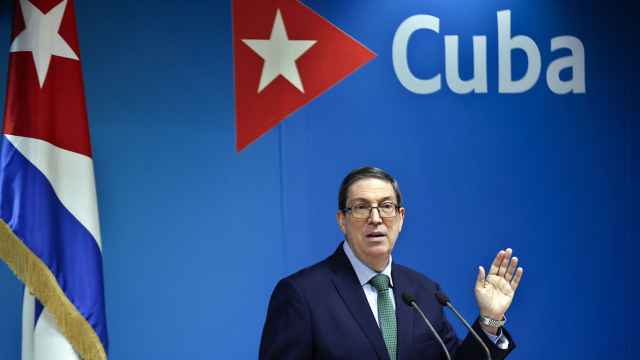ATHENS — Greece has held "constructive" talks with the head of Russian gas giant Gazprom who visited Athens and hopes that the two sides would soon reach a deal on a pipeline that will bring Russian gas to Europa via its territory.
Greece expressed interest in the pipeline during talks between Prime Minister Alexis Tsipras and Russian President Vladimir Putin in Moscow this month, and was hoping Russia would give the country advance funds for the project based on future profits it could earn from the pipeline's operation.
Gazprom's Chief Executive Alexei Miller did not make any reference to any advance payments to Greece from the pipeline in comments made to reporters on Tuesday after meeting Tsipras.
Greece is fast running out of cash and hopes to strike a deal with its EU/IMF lenders on a reform plan that will unlock fresh aid under its 240 billion euro bailout.
Russia on Saturday denied a German media report that suggested the gas pipeline deal could add up to 5 billion euros ($5.37 billion) to Athens' depleted state coffers.
"The pipeline is of big interest to our country and is among our priorities," Greek Energy Minister Panagiotis Lafazanis told reporters. Lafazanis earlier met Miller separately.
"We are continuing talks with the Russian side, and we hope to reach an agreement very soon," Lafazanis said, describing the talks as constructive.
Lafazanis declined to comment when asked by reporters about any advance payments.
After aborting a $40 billion South Stream pipeline last year, Russia is now pushing ahead with plans to build the so-called Turkish Stream project to Turkey and further out to Greece via the Black Sea, in line with its plans to stop exporting gas via Ukraine by 2019.
"The project can be implemented by a Russia-EU consortium. There are European companies now which are interested in this project," Miller told reporters in comments translated from Russian.
Miller said Gazprom would pump up to 47 billion cubic meters (bcm) via Greece through the pipeline, which would be implemented strictly according to the EU law.
Gazprom warned the European Union this month against moves to block its plans to bypass Ukraine as a transit country for its gas to Europe.
Eurogroup head Jeroen Dijsselbloem said Tuesday that Russia was not a viable alternative source of financing for Greece.
"They are discussing a gas pipeline," Dijsselbloem told broadcaster RTL. "My information is that that deal isn't in place yet and that it won't lead to big payments in advance."
A Message from The Moscow Times:
Dear readers,
We are facing unprecedented challenges. Russia's Prosecutor General's Office has designated The Moscow Times as an "undesirable" organization, criminalizing our work and putting our staff at risk of prosecution. This follows our earlier unjust labeling as a "foreign agent."
These actions are direct attempts to silence independent journalism in Russia. The authorities claim our work "discredits the decisions of the Russian leadership." We see things differently: we strive to provide accurate, unbiased reporting on Russia.
We, the journalists of The Moscow Times, refuse to be silenced. But to continue our work, we need your help.
Your support, no matter how small, makes a world of difference. If you can, please support us monthly starting from just $2. It's quick to set up, and every contribution makes a significant impact.
By supporting The Moscow Times, you're defending open, independent journalism in the face of repression. Thank you for standing with us.
Remind me later.






